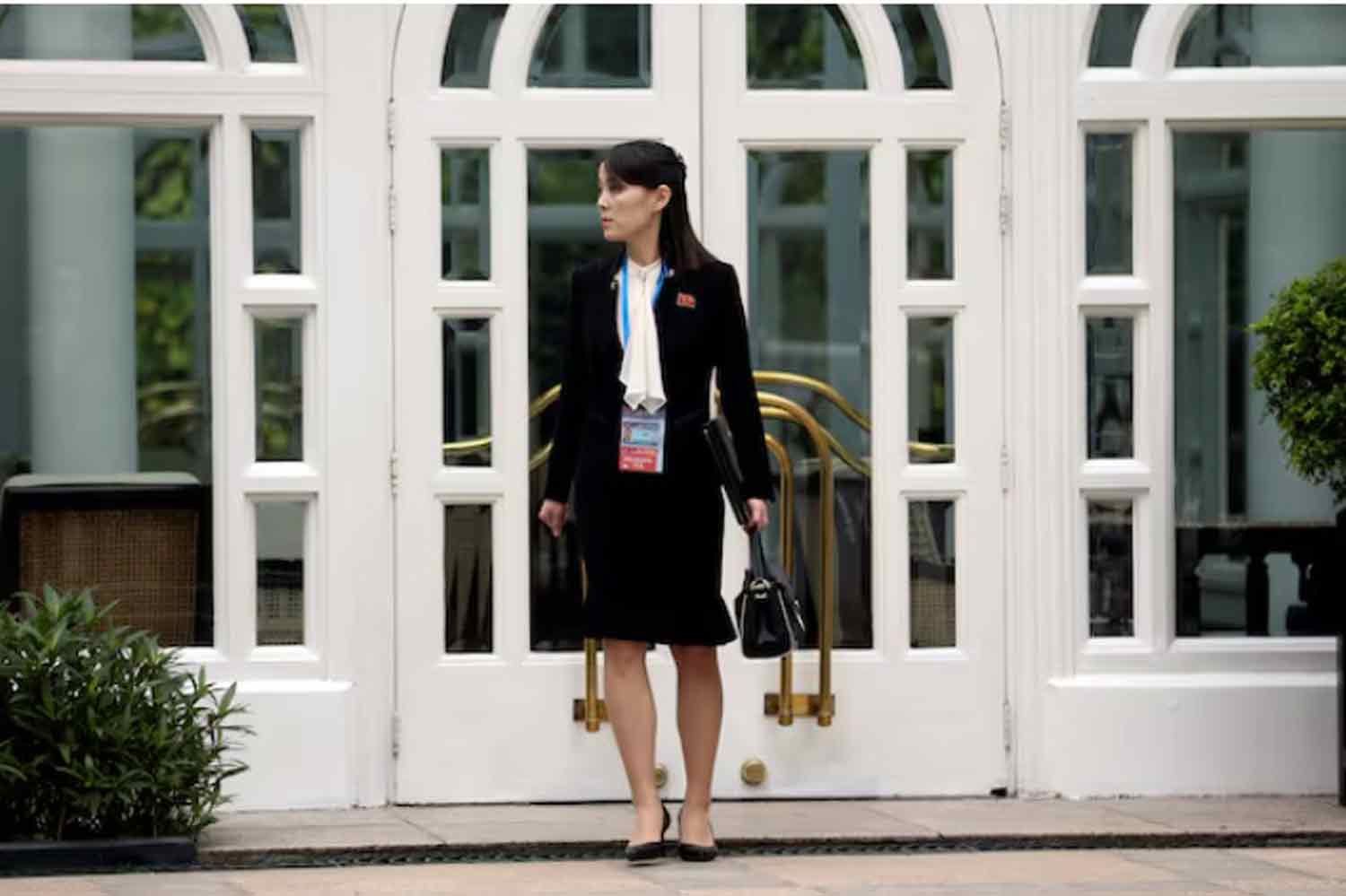The United States announced on Sunday its decision to deploy troops to Israel, accompanied by an advanced anti-missile system, in a rare move aimed at enhancing the nation’s air defense capabilities in response to missile strikes from Iran.
President Joe Biden stated that this action is intended “to defend Israel,” which is contemplating a potential retaliation against Iran following the launch of over 180 missiles at Israel on October 1.
According to officials, the U.S. has been discreetly advising Israel to carefully consider its response to prevent escalating tensions into a wider conflict in the Middle East. Biden has publicly expressed his disapproval of an Israeli strike on Iran’s nuclear facilities and has raised concerns regarding attacks on Iran’s energy infrastructure.
Pentagon spokesperson Major General Patrick Ryder characterized the deployment as part of “the broader adjustments the U.S. military has implemented in recent months” to support Israel and protect U.S. personnel from threats posed by Iran and its allied groups.
A U.S. military deployment to Israel is uncommon outside of training exercises, primarily due to Israel’s robust military capabilities. In recent months, U.S. forces have supported Israel’s defense from naval vessels and aircraft in the Middle East amid Iranian aggression, although they were stationed outside of Israel.
The Terminal High Altitude Area Defense (THAAD) system plays a vital role in the U.S. military’s multi-layered air defense strategy, enhancing Israel’s already strong anti-missile systems.
Typically, a THAAD battery requires approximately 100 personnel for its operation, consisting of six truck-mounted launchers, each equipped with eight interceptors, along with advanced radar technology.
Iran’s Foreign Minister, Abbas Araqchi, cautioned on Sunday that the U.S. is endangering its troops by deploying them to manage missile systems in Israel. He stated, “While we have made tremendous efforts in recent days to contain an all-out war in our region, I say it clearly that we have no red lines in defending our people and interests,” via a post on X.
Experts indicate that Iran has been cautious in avoiding direct conflict with the United States, which adds complexity to its strategy regarding the deployment of U.S. forces to Israel. In April, Iran launched missiles and drones targeting Israel, and on October 1, it escalated its actions by firing over 180 ballistic missiles at Israel during heightened tensions with Hezbollah, an Iran-aligned group in Lebanon. While many of these missiles were intercepted, some managed to breach Israel’s missile defense systems.
U.S. officials have not disclosed the timeline for the deployment of defense systems to Israel. The Pentagon noted that a THAAD system was previously deployed to southern Israel for training exercises in 2019, marking its only known presence in the region. Lockheed Martin, the largest U.S. defense contractor, manufactures and integrates the THAAD system, which is engineered to intercept short-, medium-, and intermediate-range ballistic missiles, while Raytheon, part of RTX, develops its sophisticated radar technology.
Discover more from Defence Talks | Defense News Hub, Military Updates, Security Insights
Subscribe to get the latest posts sent to your email.





